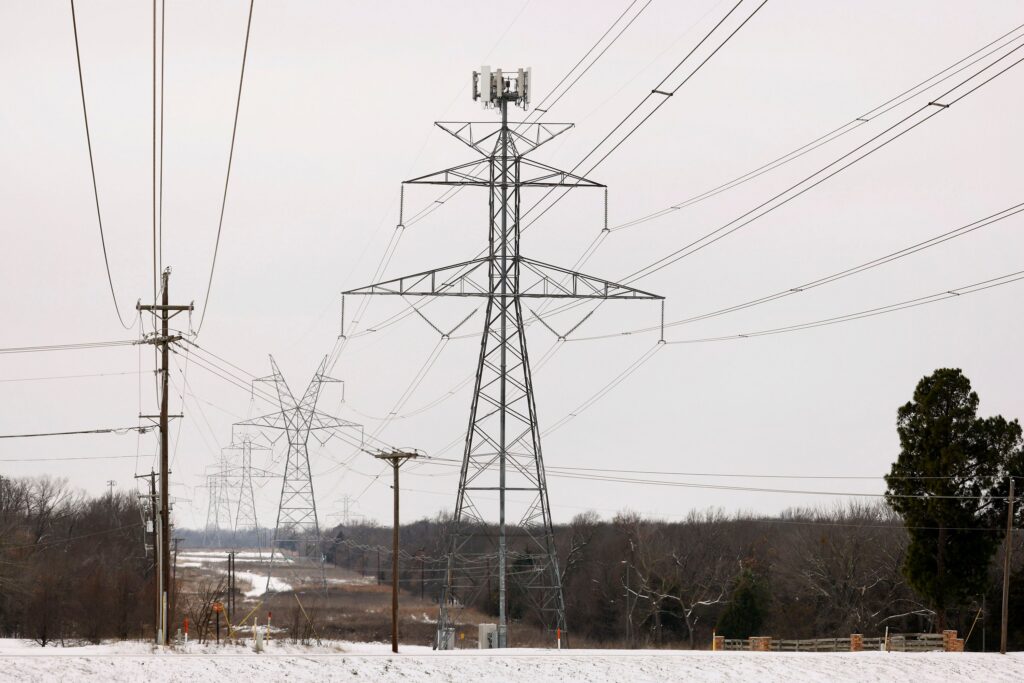Colorado rolling out new plan to address Alzheimer’s disease and dementia

The state health department is rolling out a new five-year plan in an effort to address the impacts of Alzheimer’s disease and dementia for Coloradans.
Measures in the plan aim to reduce the risk of developing dementia and promote early detection of the disease, a news release from the Colorado Department of Public Health an Environment said on Monday.
“This plan represents an important roadmap for helping us to reduce the impacts of these devastating conditions across the state,” CDPHE Executive Director Jill Hunsaker Ryan said in the release.
Children’s hospitals in Colorado overwhelmed by surge in RSV, flu, COVID cases
“We are committed to working with our community partners to empower Coloradans to make informed decisions and to provide the best possible care for their loved ones affected by Alzheimer’s.”
The plan will also strive to address racial health disparities and support populations who are disproportionately affected by dementia, the CDPHE release said.
The plan comes as Colorado braces for the illness to become more prevalent.
Cash for colonoscopies: Incentives for shopping for health care procedures
The number of state residents 65 and older with Alzheimer’s disease and related dementias is projected to rise from 76,000 in 2020 to 92,000 by 2025, according to estimates from the Alzheimer’s Association cited by the CDPHE.
Last year, 159,000 care partners supporting those with Alzheimer’s disease and dementia collectively provided 184 million hours of unpaid caregiving, the CDPHE release said. The cost of caring for people with Alzheimer’s disease, the most common form of dementia, reached $350 billion nationally in 2020. It is projected to surpass $1.1 trillion by 2050. The CDPHE release says Alzheimer’s disease is one of the costliest diseases to manage.
Creation of the plan was funded through federal dollars the state received in 2020 from the Building Our Largest Dementia Infrastructure for Alzheimer’s Act.
Tuberculosis cases rise for the first time in years: WHO














